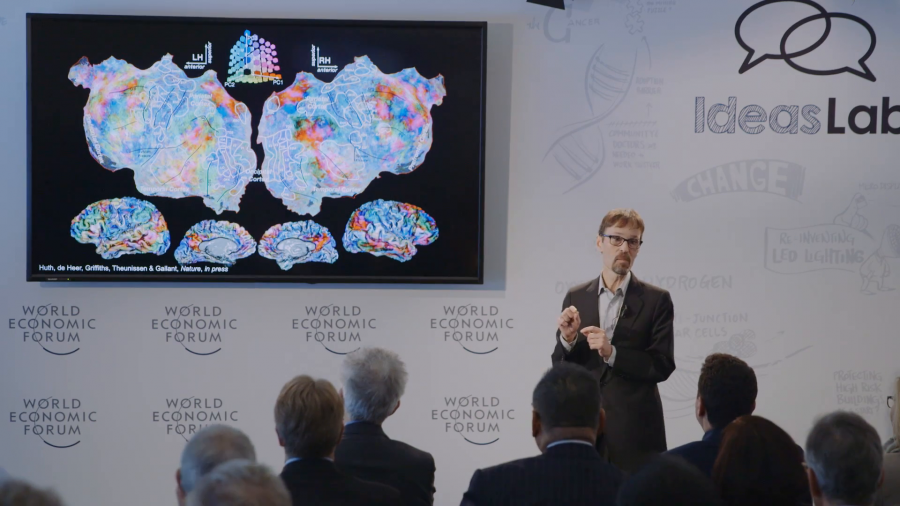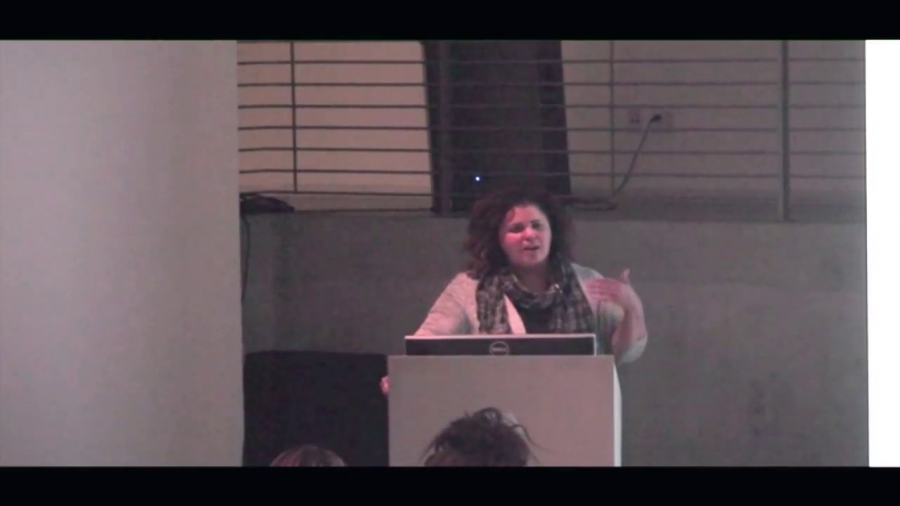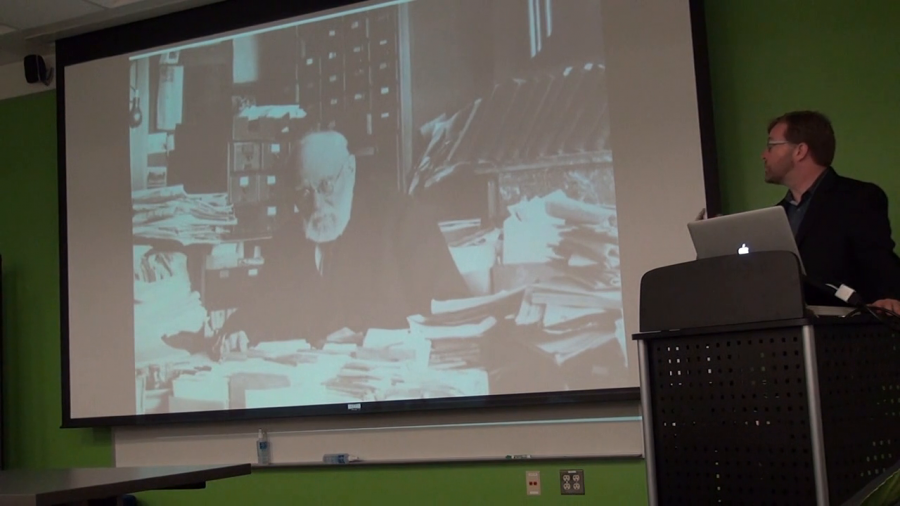Historians get really nervous about patterns. That’s changing a bit now. And the truth of it is there’s not much way to avoid the 500-year cycle. You almost have to work too hard to unsay it, it’s so obviously there in every way. And if you say every 500 years we go through one, then you immediately say we’re in the 21st century and baby are we going through one.
Archive
Obviously there’s human rights that have to do with water and air and safety and shelter, but I think education is right there with it because it really is a public good. I have such a hard time with people who say, for example, who don’t have children and say, “Well why should I pay those taxes. I don’t have anybody in the schools. It’s not benefitting me.” And I think how can you possibly say that? Those are the people that are servicing you, whether they’re servicing your roads or your supermarket or your medical offices.

In brain decoding, we take our model that we’ve developed of the brain (and this can be a model for anything, vision or language) and we reverse it. And instead of going from the stimulus to the brain activity, we go from the brain activity back to the stimulus.

I often try to tell people that Google is not providing information retrieval algorithms, it’s providing advertising algorithms. And that is a very important distinction when we think about what kind of information is available in these corporate-controlled spaces.

I wanted to give you a little bit of perspective on Otlet’s broader vision, which I think is in a way even more interesting as a reference point for thinking about some of the changes we’re seeing today as our lives are increasingly reshaped by technology and networks. What Otlet offers is a different way into that space, and a different way of thinking about what a networked world could look like.
